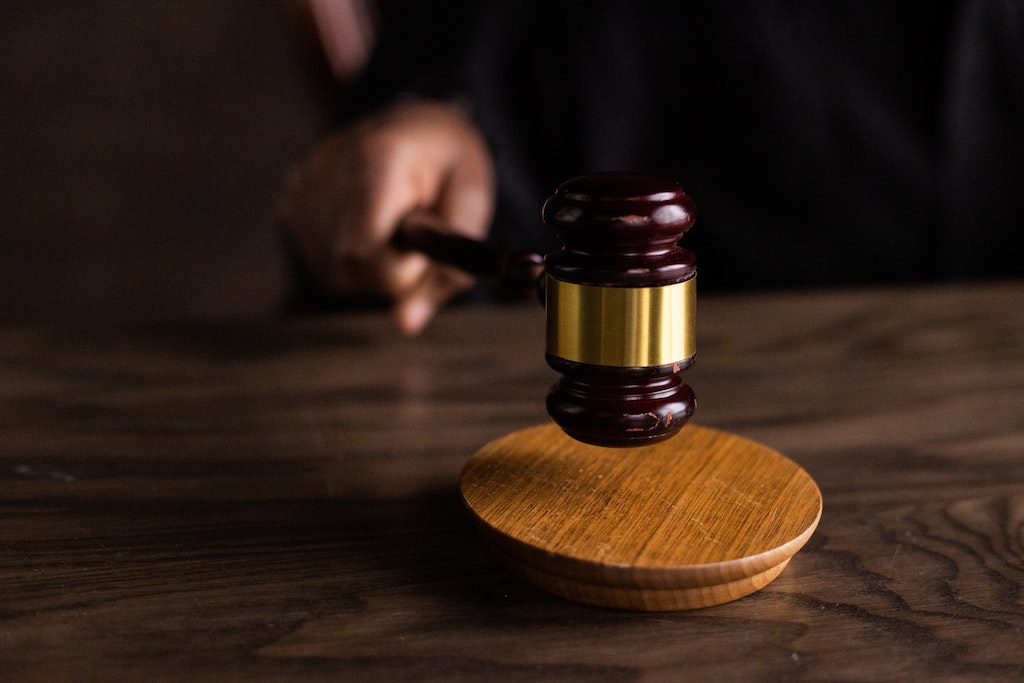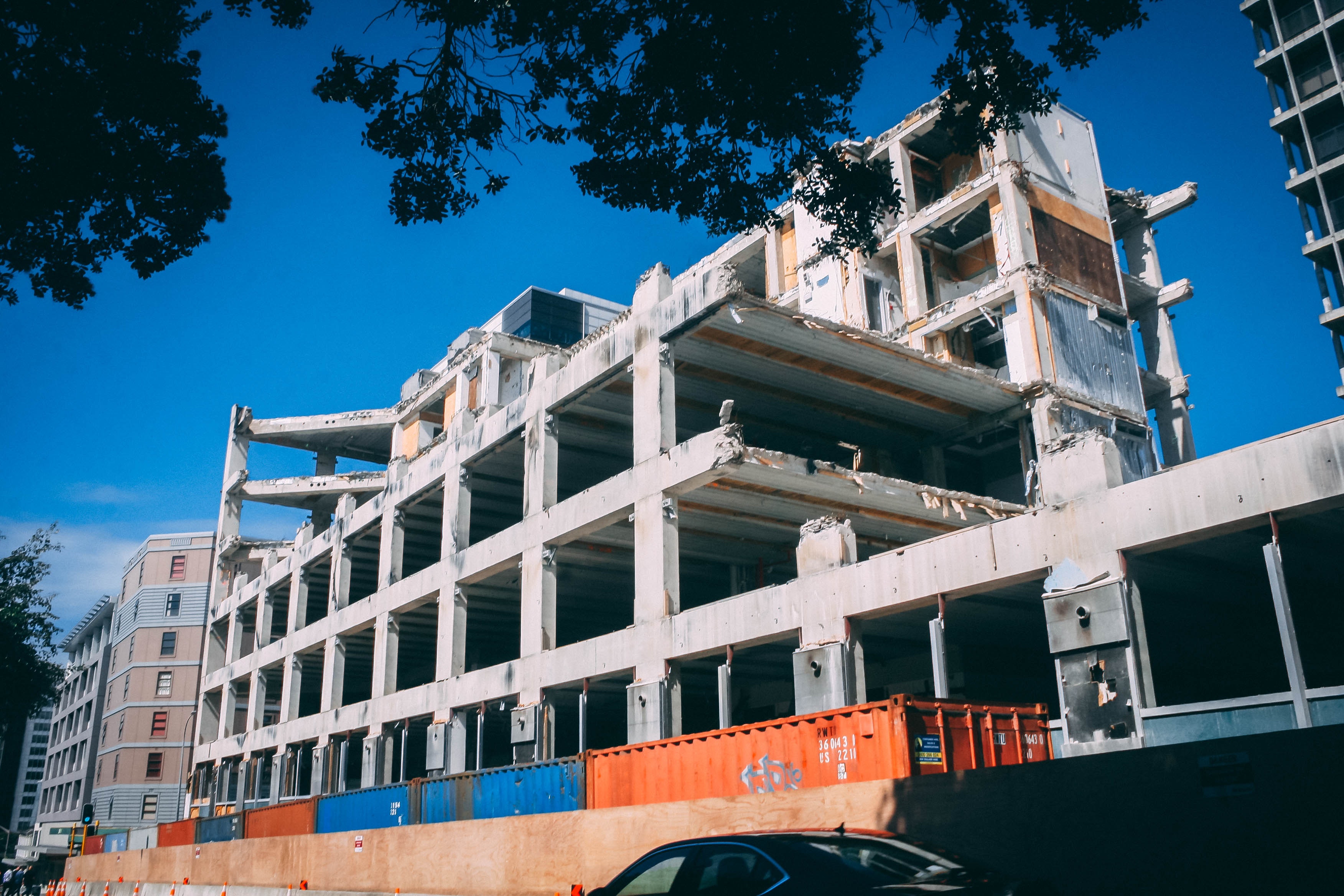There are certain ordinances and laws that will impact home insurance. Knowing the ins and outs of these regulations can help you with the complexities that may arise during repairs or rebuilding. Building codes dictate the minimum standards for the construction, alteration, and maintenance of buildings. Compliance with these codes is mandatory, and failing to do so can result in fines or delays in obtaining necessary permits. Ordinance and law coverage helps homeowners understand and comply with these requirements, ensuring a smooth process.
The Role of Ordinance and Law Coverage in Home Insurance
Ordinance and law coverage play a role in home insurance policies by providing protection and financial security for homeowners. This coverage is specifically designed to address the complexities of building codes and regulations that may arise during the rebuilding or repair after a covered loss.
There are three key areas that ordinance and law coverage addresses. First, it covers the demolition and removal of the undamaged portion of the property, ensuring compliance with building codes. Second, it covers the increased construction cost due to building code upgrades, preventing homeowners from incurring excessive out-of-pocket expenses. Finally, ordinance and law coverage also account for the loss of value in the undamaged portion of the property, safeguarding homeowners’ investments.
Having ordinance and law coverage in home insurance policies is important because it provides homeowners with the necessary resources and support to navigate the complexities of building codes and laws.
Understanding Building Codes and Laws
Building codes and laws establish minimum standards, guidelines, and regulations for the safety, sustainability, and functionality of buildings. Compliance with building codes is not only important for legal reasons but also for the well-being of occupants and the overall integrity of structures.
The Impact of Building Codes
Building codes impact the design, construction, and maintenance of buildings. They address various aspects such as structural integrity, fire safety, electrical systems, plumbing, ventilation, and accessibility. Compliance with these codes protects occupants from potential hazards and ensures that buildings are constructed in a manner that is safe and sustainable. Building codes also evolve over time to keep up with technological advancements, changes in environmental regulations, and new safety standards.
Compliance with Building Codes
Compliance with building codes is mandatory and is typically enforced by local government authorities, building inspectors, and zoning officials. Before starting any construction or renovation project, homeowners must obtain the necessary permits and approvals from the relevant authorities. This involves submitting plans and specifications that adhere to the applicable building codes and regulations. During the construction process, inspections are conducted at various stages to verify compliance. Failure to comply with building codes can result in fines, penalties, and even the need to demolish or modify non-compliant structures.
Seeking Professional Guidance
The complexities of building codes and laws can be challenging for homeowners. That’s why it is advisable to seek professional guidance from architects, engineers, or contractors with expertise in building regulations. These professionals can help ensure that your construction or renovation project complies with the required codes, saving you from potential legal, financial, and safety issues in the future. Also, consulting with professionals can provide valuable insights and recommendations to enhance the overall quality, efficiency, and sustainability of your project.
Coverage Limits and Options
When it comes to ordinance and law coverage in home insurance, understand the coverage limits and options available. These limits and options can vary depending on your insurance provider and policy, so review your policy carefully to ensure you have the appropriate coverage.
Some insurance policies include ordinance and law coverage as a standard part of the policy, while others may offer it as an optional endorsement that can be added for an additional premium. To determine the right coverage limits and options for your needs, you should assess the potential risks associated with building code upgrades or legal requirements.
Additional Coverage Endorsements
In some cases, the default coverage limits provided by your policy are insufficient to fully cover the costs associated with complying with building codes or laws. In these situations, consider additional coverage endorsements.
Additional coverage endorsements can provide extra protection and increase the coverage limits for ordinance and law expenses. These endorsements typically come with an additional premium, but they can adequate financial protection in case of a covered loss that requires compliance with building codes or legal requirements.
Reviewing Your Policy
It’s always a good idea to review your policy with your insurance agent or broker to ensure you understand the coverage limits and options for ordinance and law coverage. They can help you assess your specific needs and guide you in making informed decisions about your policy.
- Review your current policy to determine if ordinance and law coverage is included or if it needs to be added as an endorsement.
- Assess the potential risks and additional costs associated with building code upgrades or legal requirements in your area.
- Consider additional coverage endorsements if you feel that the default coverage limits may not be sufficient for your needs.
- Work with your insurance agent or broker to determine the appropriate coverage limits and options based on your circumstances.
Staying Informed about Building Codes and Laws
Building codes and regulations constantly evolve to address emerging risks and enhance safety standards. By staying informed, you can proactively address any potential changes or updates that may impact your property.
Here are a few ways to stay informed:
- Contact Local Building Code Authorities: Regular communication with your local building code authorities can keep you updated on any changes or updates in your area. They can provide you with information regarding new regulations or code requirements that may affect your property.
- Attend Informational Sessions or Workshops: Many communities offer informational sessions or workshops to educate homeowners about building codes and laws. Attending these events can provide you with valuable insights and help you understand how to stay in compliance.
- Stay Updated on Industry News and Publications: Keeping up with industry news and publications can provide you with important information about building code updates and legal requirements. Subscribe to relevant publications or follow reputable sources online to stay informed.
Remember, ordinance and law coverage are vital in navigating the complexities of building codes and regulations. It covers the demolition and removal of the undamaged portion of your property, the increased cost of construction due to code upgrades, and the loss of value of the undamaged portion. With this coverage, you can have peace of mind knowing that you can restore your property to its pre-loss condition.
FAQ
What is ordinance and law coverage in home insurance?
Ordinance and law coverage in home insurance is designed to provide financial protection in the event of building code upgrades or legal requirements that arise during the rebuilding or repair process after a covered loss.
What does ordinance and law coverage cover?
Ordinance and law coverage provides coverage for the demolition and removal of the undamaged portion of the property, the increased cost of construction due to building code upgrades, and the loss of value of the undamaged portion of the property.
Why is compliance with building codes important?
Compliance with building codes is important because it ensures the safety, health, and well-being of occupants and helps mitigate potential risks and hazards. Failure to comply can result in fines, penalties, or the inability to obtain necessary permits for construction or repairs.
Is ordinance and law coverage included in standard home insurance policies?
No, ordinance and law coverage typically requires a separate endorsement or additional coverage.
How do I initiate a claim for ordinance and law coverage?
To initiate a claim for ordinance and law coverage, you will need to document the necessary building code upgrades or legal requirements, provide evidence of the additional costs incurred, and submit the claim to your insurance provider for review.
What factors can influence the premiums for ordinance and law coverage?
Factors that can influence premiums for ordinance and law coverage include the age and condition of the property, location and exposure to natural disasters or other risks, replacement cost of the property, and the level of building code enforcement in the area.
What are the benefits of ordinance and law coverage?
Ordinance and law coverage provides financial protection in the event of a loss that requires compliance with building codes or legal requirements. It helps cover additional costs and provides peace of mind knowing you have the necessary resources to navigate building codes and laws.
What are some common misconceptions about ordinance and law coverage?
Some common misconceptions are that building code upgrades or legal requirements are covered under standard homeowners insurance policies and that ordinance and law coverage only applies to new construction or major renovations. It is important to clarify these misconceptions with your insurance provider.
Should I consult with an insurance professional about ordinance and law coverage?
Yes, consulting with an insurance professional, such as an agent or broker, can provide personalized advice and guidance to help you understand your coverage needs and explore available options.
How can I stay informed about building codes and laws?
Stay informed about building codes and laws by regularly communicating with local building code authorities, attending informational sessions or workshops, and staying updated on industry news and publications.



